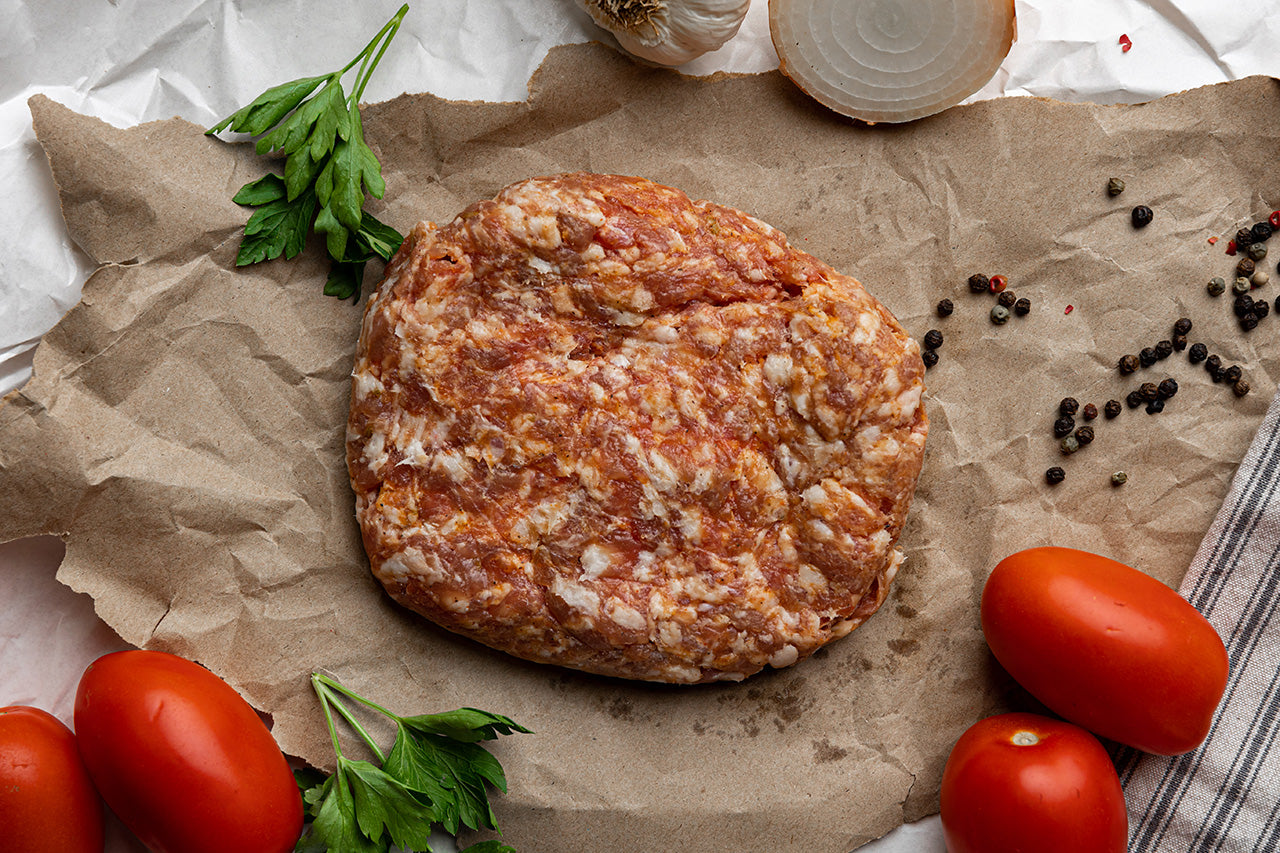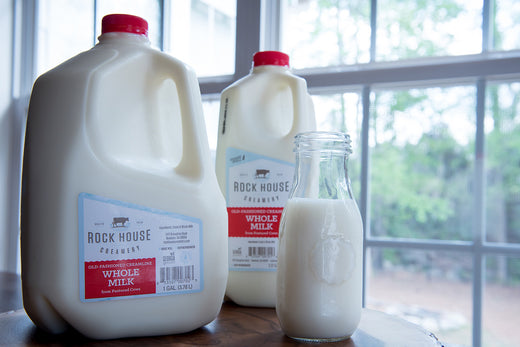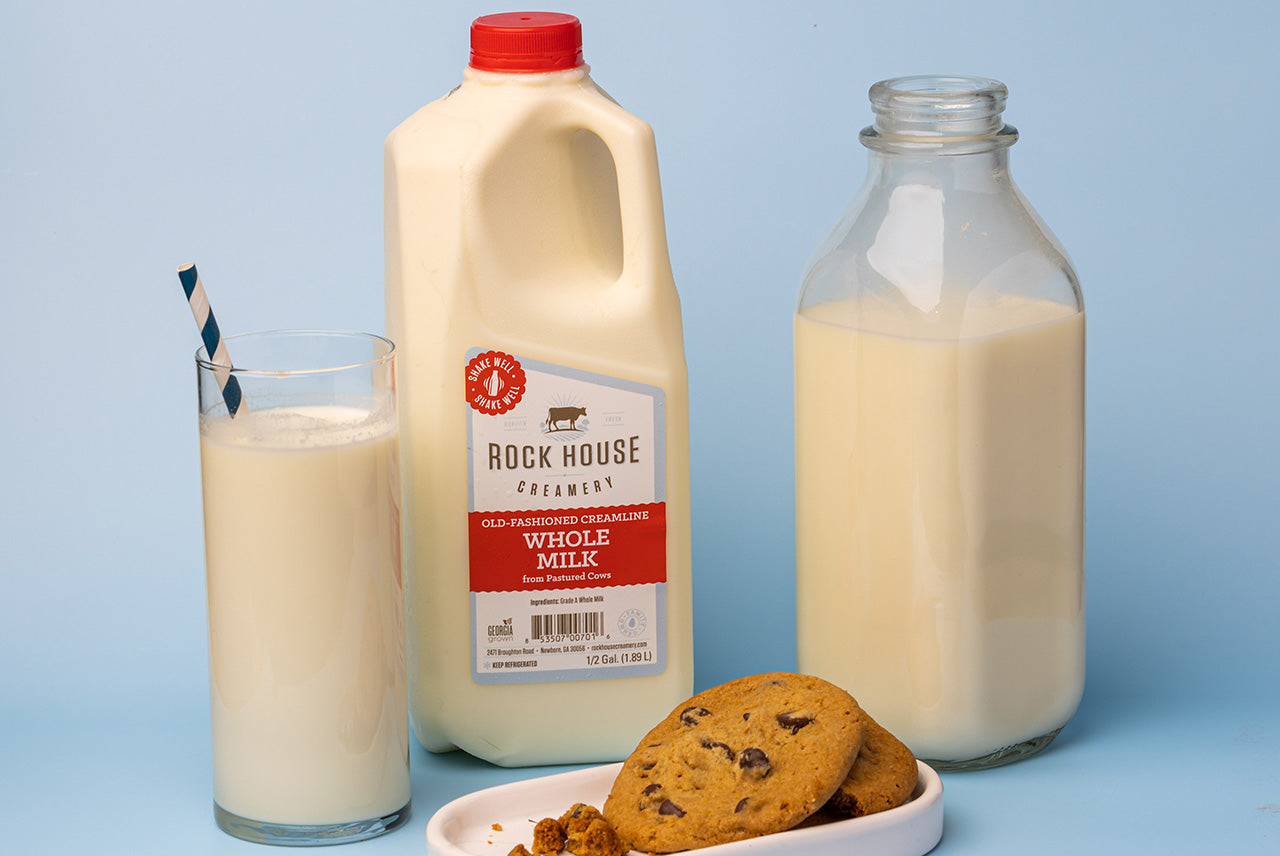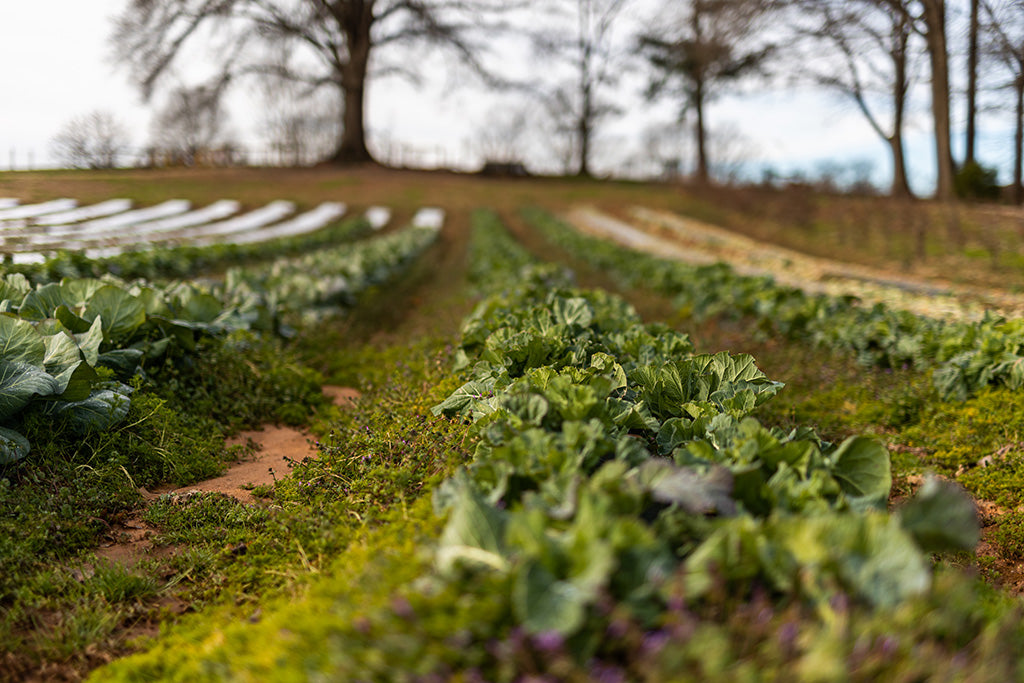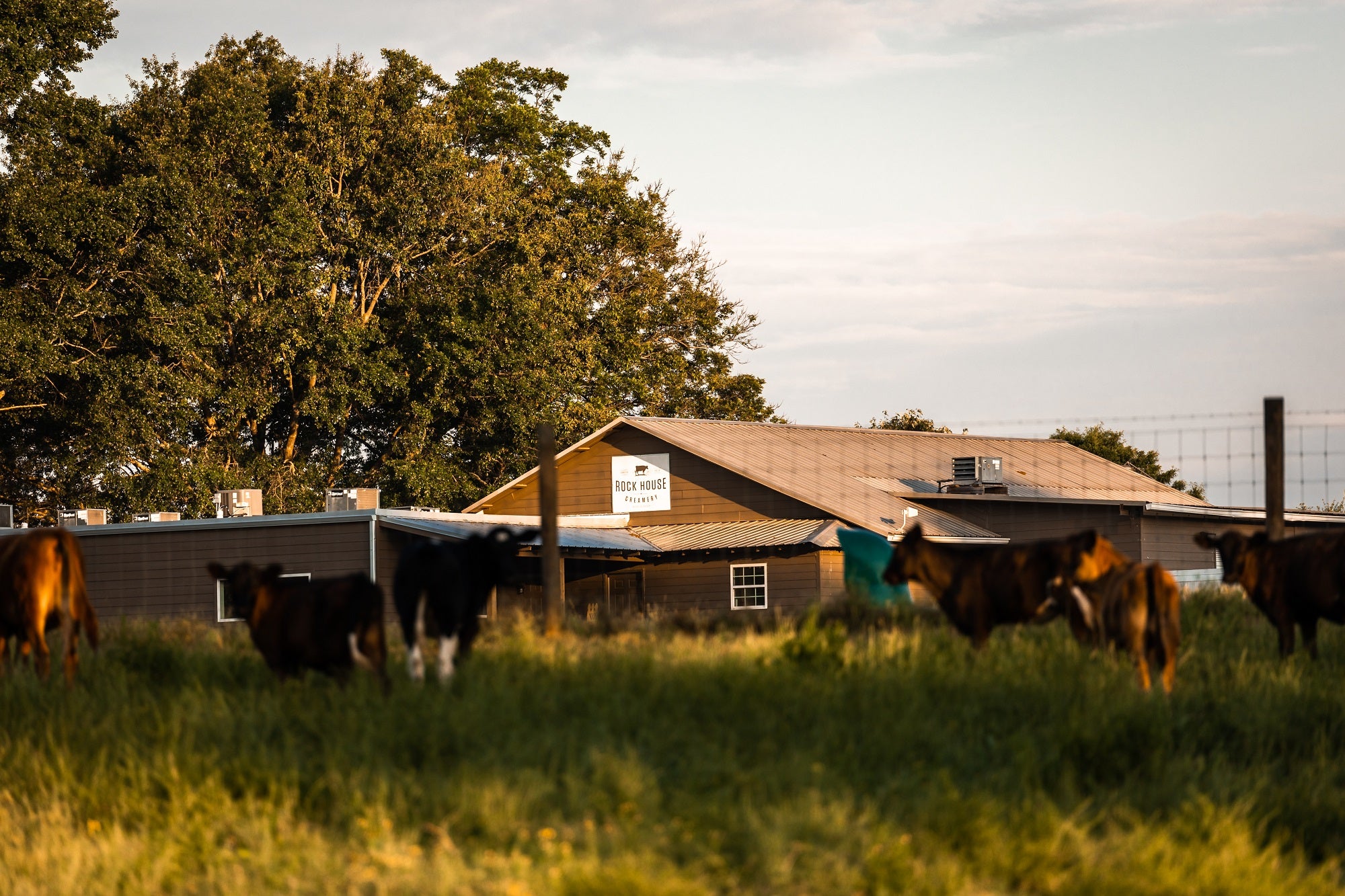A Small Garden & A Big Dream
The Garden at Broughton began as a way for owner, Keith Kelly, to provide locally grown, fresh fruits and vegetables for his employees.
Kelly Products began growing a couple small plots of field peas back in 2011. A few seasons later they began growing a wide variety of different crops, ranging from seasonal favorites like strawberries and blueberries to staples like corn and potatoes.
As the Kelly family's businesses grew, so did their garden. What began as a modest endeavor to provide for a few employees blossomed into a thriving source of over 100,000 pounds of fresh produce annually.
This exponential growth didn't just happen overnight. It was nurtured by a deep-rooted passion for sustainable agriculture and a commitment to providing the community with the finest, locally grown produce.
The Local Advantage
When one chooses to consume locally grown produce, they embrace the essence of seasonality. These fruits and vegetables not only tantalize the taste buds with superior flavor but also offer heightened nutritional value.
Locally grown produce holds a distinct advantage in terms of freshness. Unlike its counterparts that embark on lengthy journeys to reach big-box grocers or markets, locally-sourced fare reaches the plate with minimal travel time. This translates to produce that retains its full phyto-nutrient content, ensuring that consumers receive maximum health benefits.
Opting for seasonal produce aligns with the body's ever-changing needs. Spring's abundance of leafy greens supports detoxification, aiding the body in shedding the sluggishness of winter. As summer's scorching heat arrives, the bounty of watermelon, berries, and cucumbers not only offers delightful flavors but also delivers much-needed hydration.
Maintaining the Garden
The stewardship of a garden of this scale demands careful management of the land. To ensure the soil remains fertile for future crops, the dedicated workers at The Garden at Broughton implement a rigorous three-year planting rotation, introduce cover crops, and enrich the earth with organic fertilizers.
Cover crops play an instrumental role in sustaining the fertility of the soil, preventing erosion, conserving water, and warding off diseases. Depending on the season, different cover crops are planted strategically.
In the winter, two of the most commonly planted are cereal rye and crimson clover. The rye provides large amounts of good, organic matter when it’s worked into the soil and the clover provides nitrogen as it breaks down. In the warmer months, buckwheat or sun hemp are favorable options.
In addition to these practices, the garden employs vermicomposting on a small scale. This eco-friendly composting method involves harnessing the power of worms to generate nutrient-rich castings. These worm castings make up vital components of the potting mix used, creating an optimal environment for nurturing seedlings in the garden's greenhouse.
Interested in touring the Garden at Broughton? Purchase tickets for our Rock House Creamery & Garden tours, available from mid-Spring to early-Fall.

 BACK TO BLOG
BACK TO BLOG


